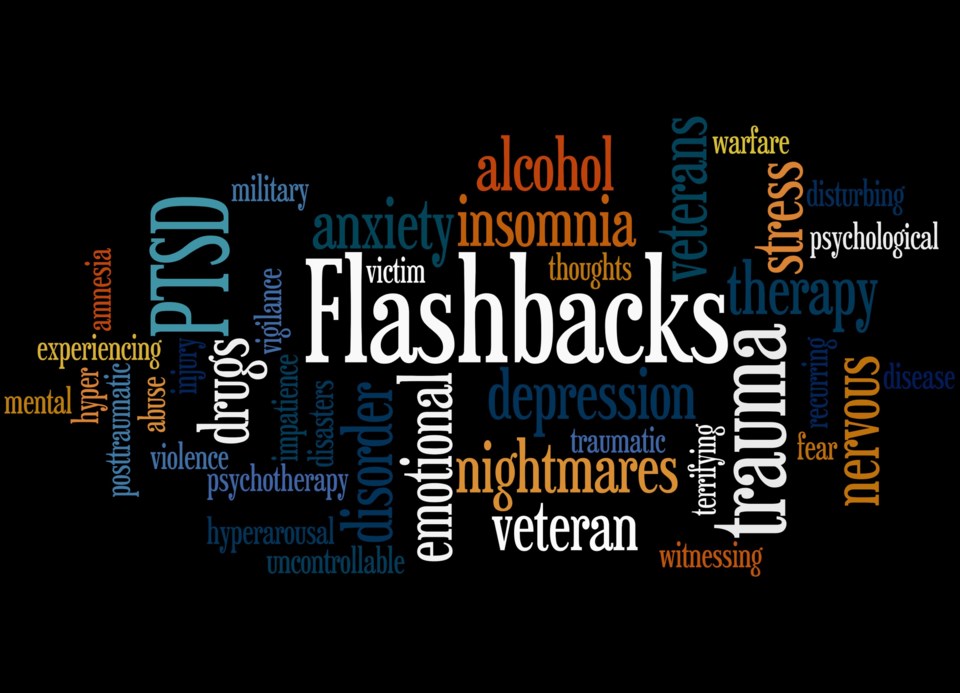For years, first responders suffered from Post-Traumatic Stress Disorder (PTSD), but it was something no-one talked about and it was often considered a weakness.
Now it's recognized for the severe impact it can have on people's lives, and not just those in policing, firefighting and paramedics, but across society.
Today marks the first Post-Traumatic Stress Disorder (PTSD) Awareness Day and there is a support group for first responders in North Bay.
It's called "First Responder Overcoming Trauma Together" (Frott), and participant Steve Taylor says there's a real need for here.
The veteran former police officer served for 17 years and says the group fills a growing need.
"I think it's a lot bigger than we realize. It's so under-reported. It's getting better, but it's still happening because of the fear of the stigma and possible issues at work."
See: Group formed to help PTSD victims
North Bay Fire Chief Jason Whiteley told BayToday that first responders are "society's secret keepers."
"There's a lot of things that happen in the community that the community is not aware of but our personnel are exposed to every day. The biggest thing is the impact it has on the morale of our personnel. They deal with issues and situations day in and day out and at some point for some of our people, they need a bit of help themselves. Occasionally it becomes too much for a short time for a person to handle."
Whiteley says in the fire department there is a peer support team, and they are also part of the North Bay-Nipissing Critical Incident Stress Team and all city employees dealing with stress have access to a program called "Promoting healthy minds at work."
That program has adopted the psychological health safety standard set by the Canadian standards association.
Whiteley is also on a committee of the Ontario Association of Fire Chiefs trying to find the best way to support and get people help.
"Police officers, firefighters, correctional officers, dispatchers, probation and parole officers, Crown attorneys, nurses and other justice sector workers have incredibly difficult jobs and come face to face with difficult situations.," says MPP Will Bouma, who first proposed PTSD Awareness Day in Ontario. "Our government made a commitment to make mental health a priority."
"PTSD knows no bounds in terms of age, gender, culture or occupation," adds Minister of Health Christine Elliott. "It can have a significant impact on all of us, but especially those who have dedicated their lives to serving others. Our government is committed to helping people coping with post-traumatic stress disorder because we understand that mental health is health."
Legislation was created last year that presumes that PTSD diagnosed in first responders is work-related.
"This is leading to a faster access to WSIB benefits and proper treatment," Monte McNaughton, Minister of Labour said. "The brave men and women who serve as our first responders are there for us when we need them. It is our duty to return that support when they need it."
Post-traumatic stress disorder (PTSD) is a mental health condition that's triggered by a terrifying event, either experiencing it or witnessing it. Symptoms may include flashbacks, nightmares and severe anxiety, as well as uncontrollable thoughts about the event.



